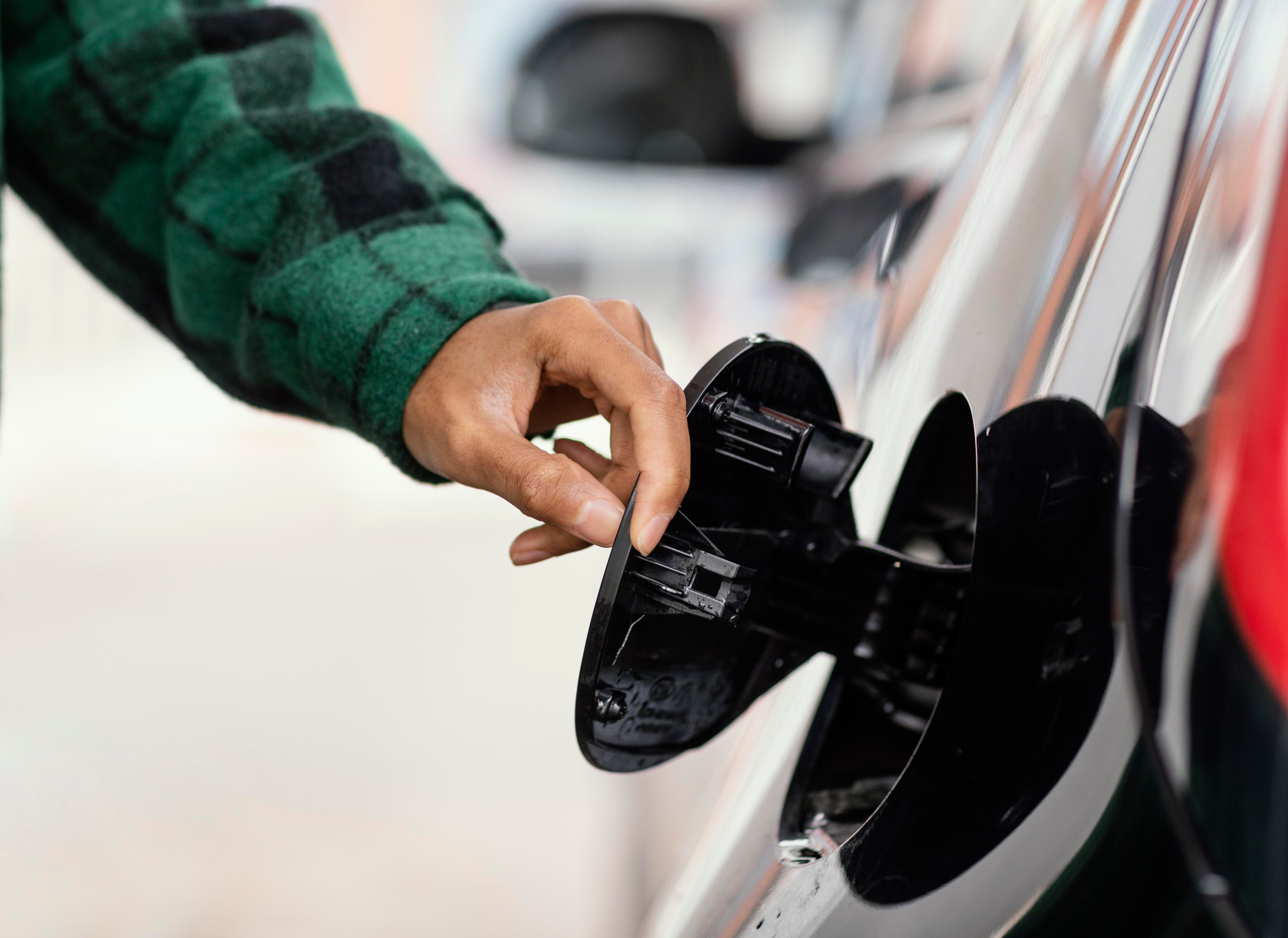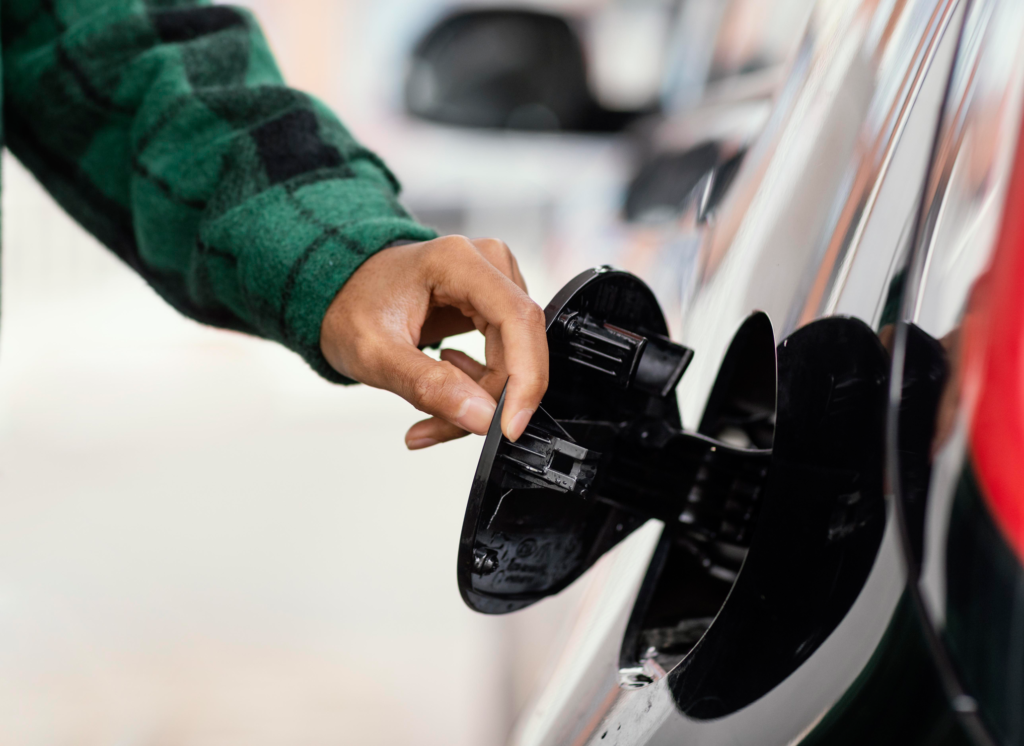
Image: Adobe Stock
According to the entity, ethanol produced in Brazil from sugar cane and corn emits up to 90% less CO2 than gasoline.
The proposed increase to 30% in the blend of ethanol in gasoline announced on Friday (28) by the Minister of Mines and Energy, Alexandre Silveira, demonstrates the MME's commitment to decarbonization and energy security in the country, assesses the Union of the Industry of Sugarcane and Bioenergy (Unica). Measures like this reinforce the seriousness and commitment to low-carbon mobility, in addition to valuing local industry.
{module Form RD}
Brazilian experience in the production and use of ethanol has made the country a model of sustainability for several regions of the world. In the last 20 years, around 620 million tons of CO2 were no longer released into the atmosphere with the use of ethanol in Brazil.
The creation of a working group at the National Energy Policy Council (CNPE) to discuss the measure will allow all parties involved in the biofuels chain to be heard, bringing transparency and technicality to the entire process.
Ethanol produced in Brazil from sugar cane and corn emits up to 90% less CO2 than gasoline. Biofuel has also been an ally for the development of new products for the decarbonization of land and air transport, such as SAF (sustainable aviation fuels) and green hydrogen.
With appropriate public policies, we have a bright future in ethanol as part of the solution for sustainable mobility.
Source: datagro













